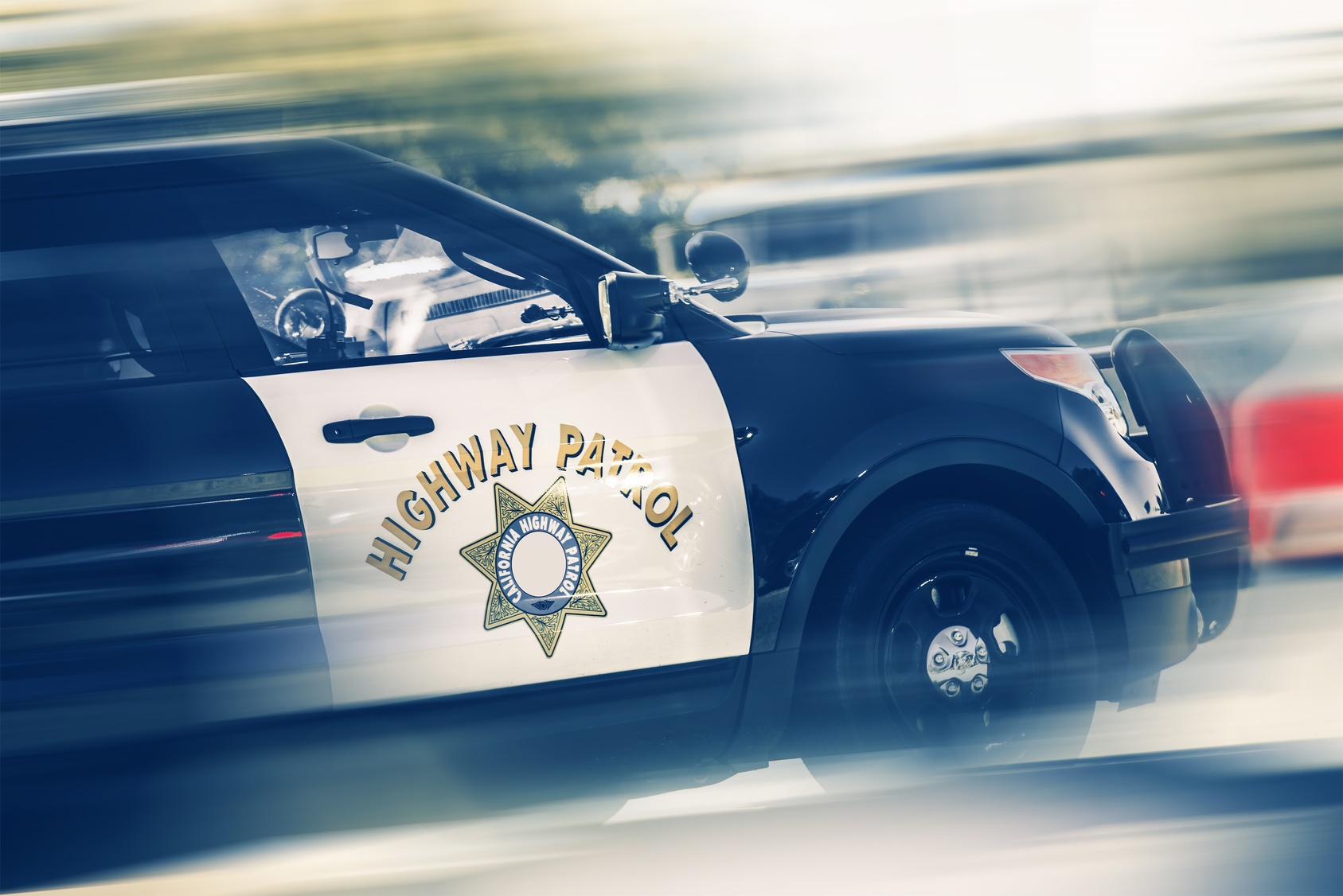News & Events
Fatal High-Speed Police Chase in Ohio

Fatal High-Speed Police Chase in Ohio
One woman is dead, and another person is seriously injured, after a reckless Ohio State Highway Patrol pursuit in Dayton.
The wreck occurred near the intersection of Oakridge Drive and Gettysburg Avenue. According to witnesses and the OSHP, troopers tried to pull over a vehicle for a traffic infraction. Rather than stop, the driver accelerated away and officers gave chase. But the high-speed pursuit lasted less than thirty seconds. 37-year-old Thurston Melson sped through a stop sign and then apparently lost control of his car. He then smashed into a utility pole. The force of that impact cut the 2007 Dodge Magnum in half.
First responders rushed Mr. Melson to a nearby hospital with serious injuries. The vehicle’s passenger — 35-year-old Ebony Radford — did not survive.
High Speed Police Chase Statistics
Many people associate police misconduct with things like shootings and improper interrogation tactics. But police misconduct also extends to reckless, high-speed pursuits. Over the last several years, these incidents have killed over 5,000 passengers and pedestrians.
Officers will not admit it on the record, but many of them feel a tremendous adrenaline rush when they “chase the bad guy.” The problem is that the “bad guy” is usually not a violent felon or any other person most people would consider dangerous. In fact, a majority of police chases start over traffic violations. Some of them are as minuscule as speeding or rolling through a stop sign.
The resulting injuries and deaths are every bit as serious as the ones related to police shootings. So, victims have a number of legal options in these cases, as outlined below.
Liability in Ohio High-Speed Police Chases
Like most states, Ohio has a sovereign immunity law. This law restricts negligence lawsuits against police officers and other government employees. Other types of lawsuits do not have this same restriction.
Simple negligence is not enough to support a claim for damages. Instead, the victim/plaintiff must show extreme recklessness. Some factors to consider include:
- Time of Day: If officers pursue suspects during rush hours or during other high-traffic periods, there is a much greater likelihood that someone will get hurt. Officers must take these things into account before they initiate a pursuit.
- The severity of Offense: As mentioned, simple traffic violations trigger many high-speed chases. This kind of thing is unacceptable, especially since the officer usually already has the fleeing driver’s license plate number and other identifying information.
- Vehicle Occupants: Many officers tend to assume that people who are in a fleeing car must be part of some criminal enterprise. Obviously, that is not always the case.
Furthermore, if the officers violated a “no chase” policy, they are presumptively negligent. That policy could be a longstanding, written policy, or something informal like a “do not pursue” dispatch command.
Damages in these cases usually include compensation for economic losses, such as medical bills, and noneconomic losses, such as pain and suffering. Especially in police misconduct cases, many jurors often award substantial punitive damages.
Contact an Assertive Attorney
High-speed police chases often cause serious or fatal injuries to bystanders. For a confidential consultation with an experienced police misconduct attorney in Columbus, contact Marshall Forman & Schlein LLC . Our attorneys have over 30 years of combined experience.
Do You Have A Question? Contact Us Today
Attorney Advertising. This information is designed for general information only. The information presented should not be construed to be formal legal advice nor the formation of a lawyer/client relationship. Past results and testimonials are not a guarantee, warranty, or prediction of the outcome of your case, and should not be construed as such. Past results cannot guarantee future performance. Any result in a single case is not meant to create an expectation of similar results in future matters because each case involves many different factors, therefore, results will differ on a case-by-case basis. By providing contact information, users acknowledge and give explicit consent to be contacted via the methods of communication provided, including SMS. Message and data rates may apply. Message frequency may vary. Reply STOP to opt out.



